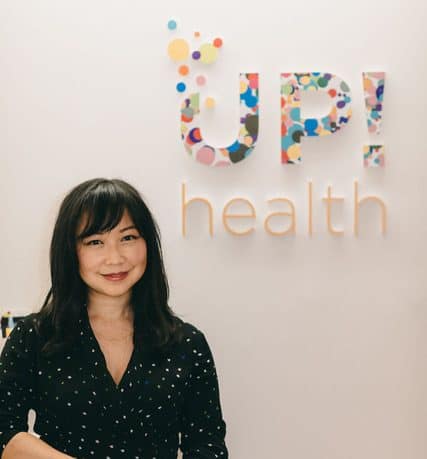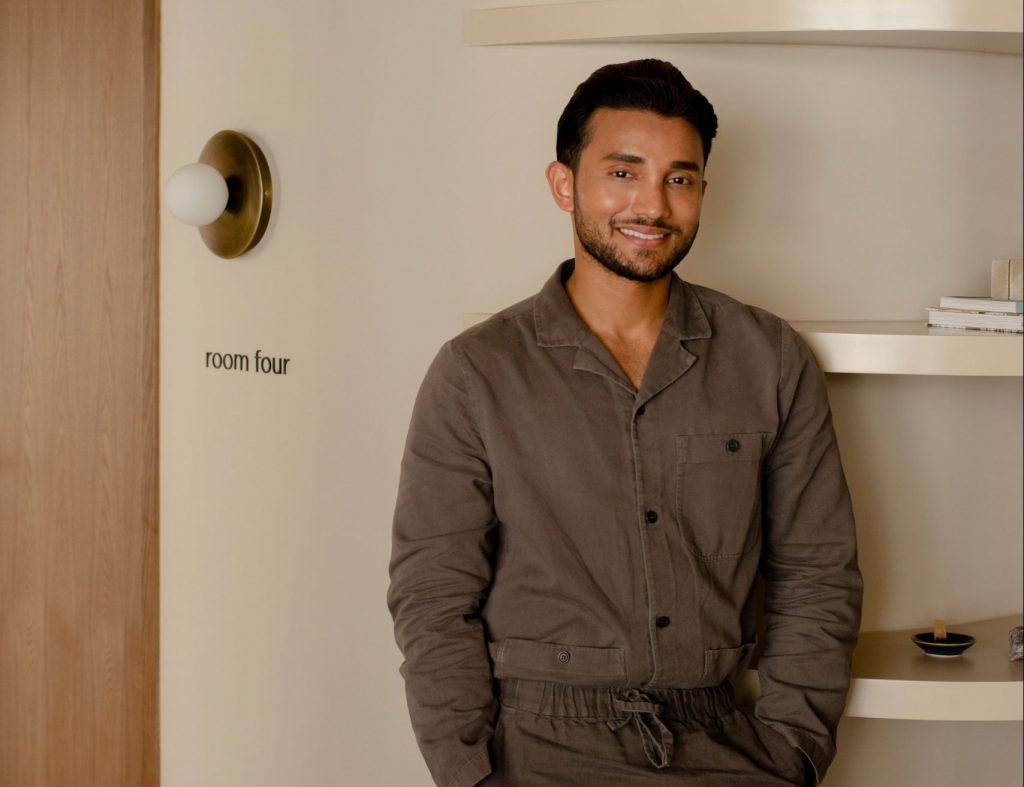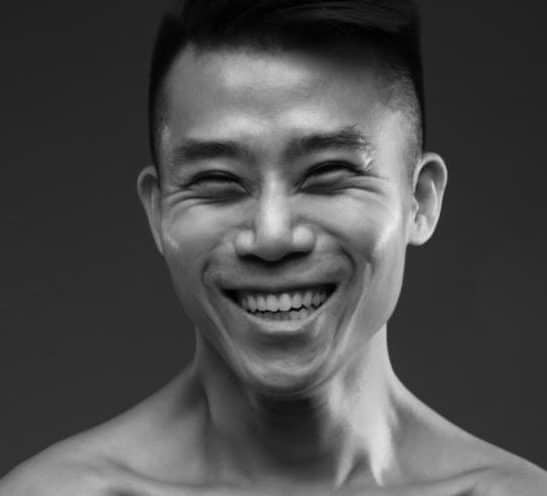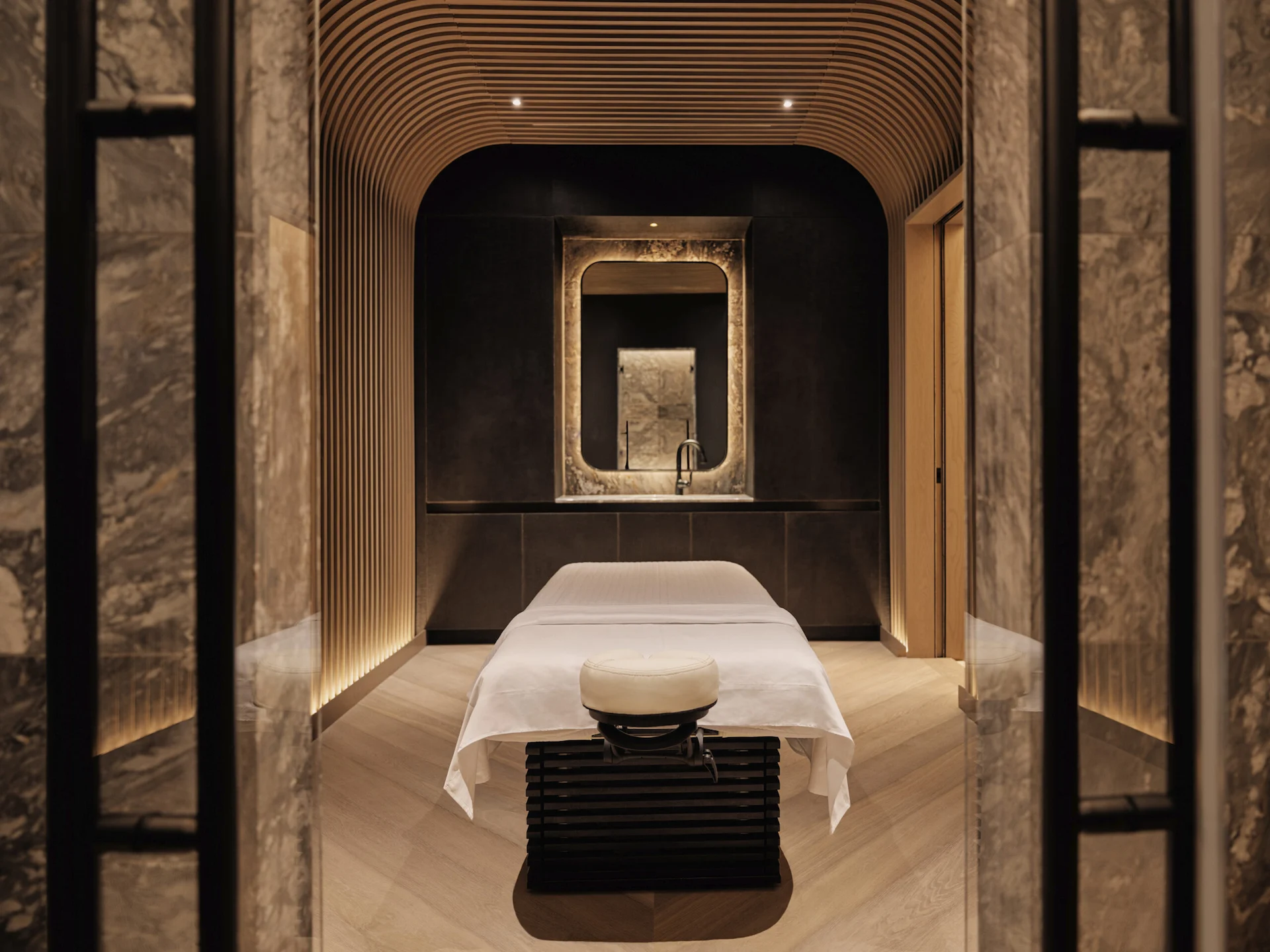The past few months have been an emotional rollercoaster, with the on-off lockdown rules implemented by the Hong Kong government aligning with the surge in local COVID-19 cases. But with the latest news on the reopening of borders and tentative easing of restrictions from mid-April, there looks to be a light at the end of the tunnel. Here are some of the city’s wellness experts sharing their top mental health tips for the rest of lockdown and the pandemic to get through this together.

Sonia Samtani, Founder of All About You
Sonia Samtani is the founder of All About You, a holistic wellness centre in the heart of Sheung Wan. She has been practicing coaching, counselling, training and therapy since 2005 and has qualifications in clinical hypnotherapy, transpersonal regression therapy and much more.
“Your mind cannot think in negatives, so think of what you do want and be able to visualise it. Saying to yourself ‘I don’t want to be anxious or I don’t want to go to Penny’s Bay’ will only make you think of anxiety and Penny’s Bay. Instead, think of something you would like to feel during this time and focus on it enough to produce the feelings associated with it in your body”, says Sonia Samtani.

Belinda Koo, Founder of XYZ
The Hong Kong-based entrepreneur is the managing director of UBS, but also the founder of boutique cycling studio XYZ and One Ten Foundation.
“Consciously choose the lens that serves us and keep those that drain us away. The only thing we can control is our reactions as life unfolds”, says Belinda Koo.

Dr. Michelle Zhou McCulloch, Registered Chiropractor, Founder & Director of UP!health
UP!health is a multi-disciplinary health clinic founded by Dr. Michelle Zhou McCulloch. Services range from dry needling and maternity care to professional massage therapy.
“Put down your phone, and read the news once a week. Look up and around and find the silver lining everyday!”, says Dr. Michelle Zhou McCulloch.

Hasanal Lythgoe-Zafrullah, Founder of mindish
mindish opened earlier this year just before the lockdowns kicked in full force. The holistic mental health studio aims to provide a safe space for discussion, open-mindedness and guidance.
“Stay in your routine. Wake up in the morning, exercise; dress up like you would to leave the house even if it‘s only to spend the day at home; FaceTime the people that warm your soul; savour little moments like a meal with your family or the opportunity to catch up with a book you’ve been reading with a fresh cup of coffee. And of course, you will have bad feelings too—your partner will trigger you, the situation at large will make you feel stuck, the impending mass testing exercise can feel scary and uncertain. But keep at it, keep going. We describe these simple everyday actions as steps towards ‘Flourishing’. As Martin Seligman defines it a bit more specifically: ‘To flourish is to find fulfilment in our lives, accomplishing meaningful and worthwhile tasks, and connecting with others at a deeper level—in essence, living the good life. It is the opposite of ‘Languishing’, the sense of stagnation we are all feeling now more than ever.’ Oh, and don’t read the news“, says Hasanal Lythgoe-Zafrullah.
See also: mindish: A New Mental Health Studio In Hong Kong

Victor Chau, International Yoga Teacher Mentor
Experienced yogi Victor Chau is a famous face in Hong Kong’s wellness scene. He has a background in different schools of yoga—Iyengar, Ashtanga, Vinyasa, Power and Yin yoga.
“Habits and Regularity: If you find yourself panicking and spiralling out of control, in constant fear and have difficulty sleeping, chances are that you are stressed out and in constant fear. I suggest going back in healthy habits that you had in the past—take a walk, read a book, cook, bake—do things that would make you relaxed and happy. However, if you can’t think of any habits you can go back to, start a new one. Doing yoga or exercise—daily and regularly—usually is the best antidote for improving mental health. You only need to exercise for 20 – 30 minutes a day to see a difference. Within a week, you will notice you’d feel much better about yourself. Thing is, the problems still might be sticking around. However, your perspective towards those problems might have changed that they don’t bother you anymore”, says Victor Chau.



